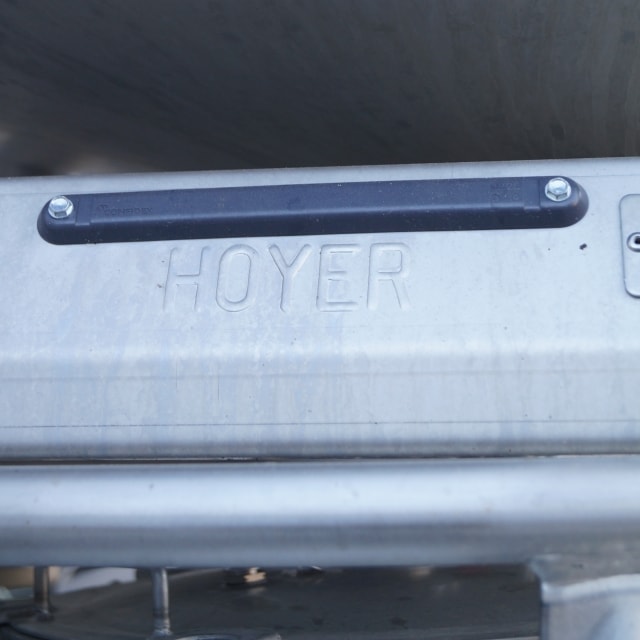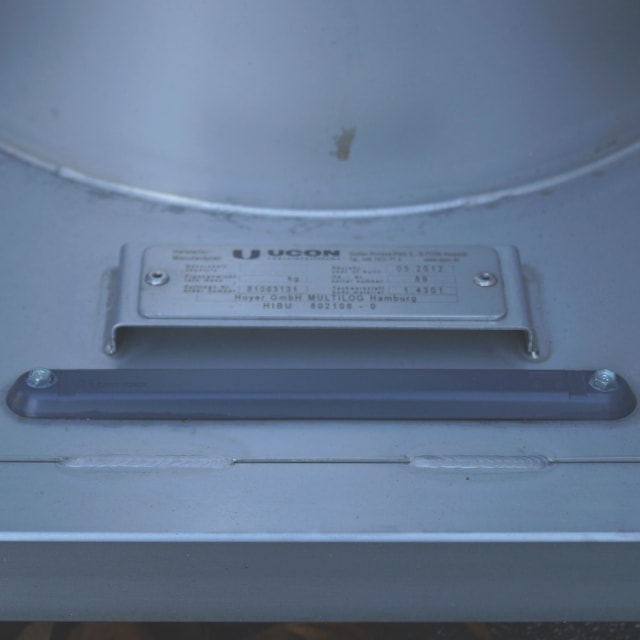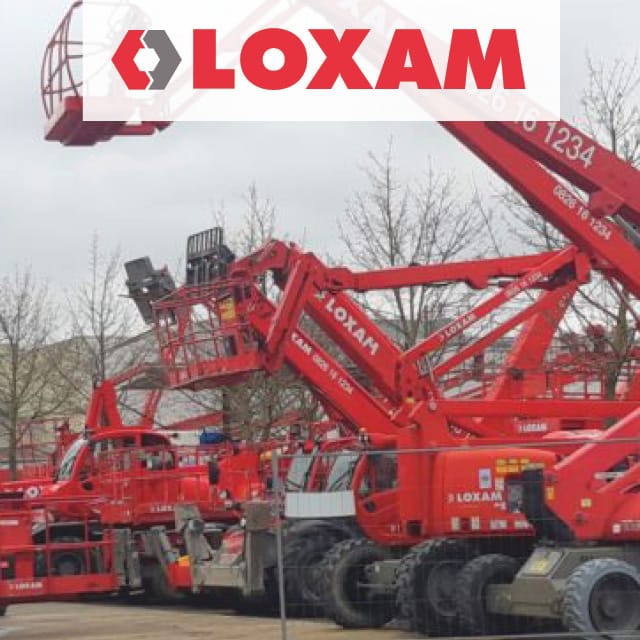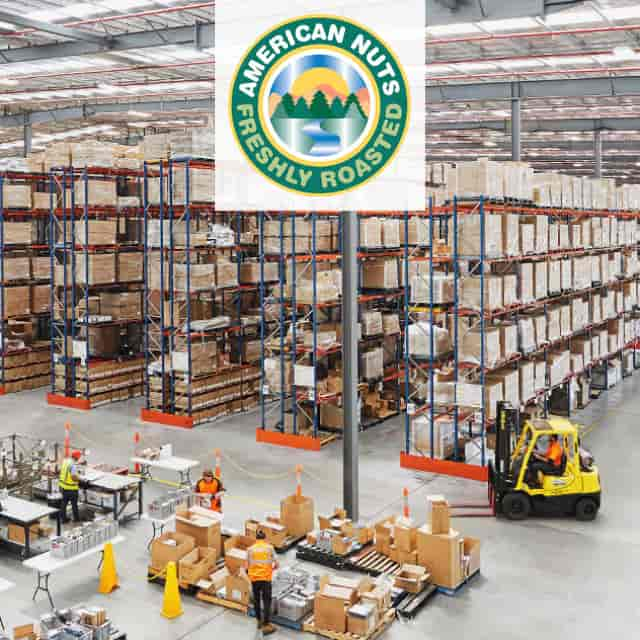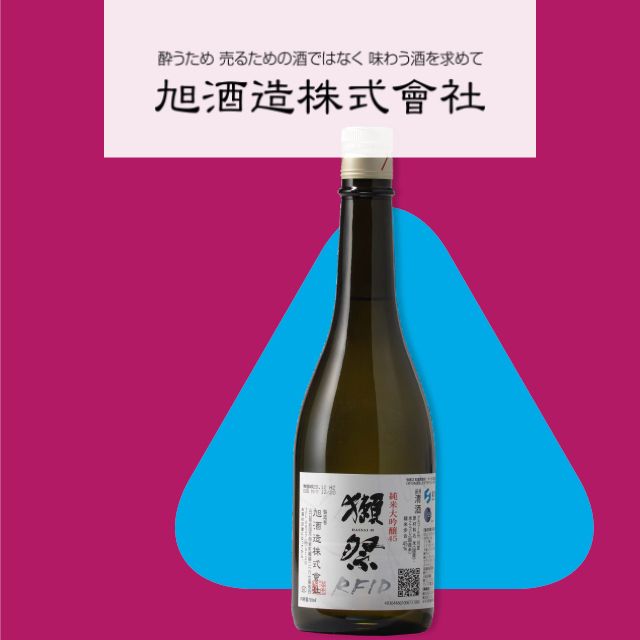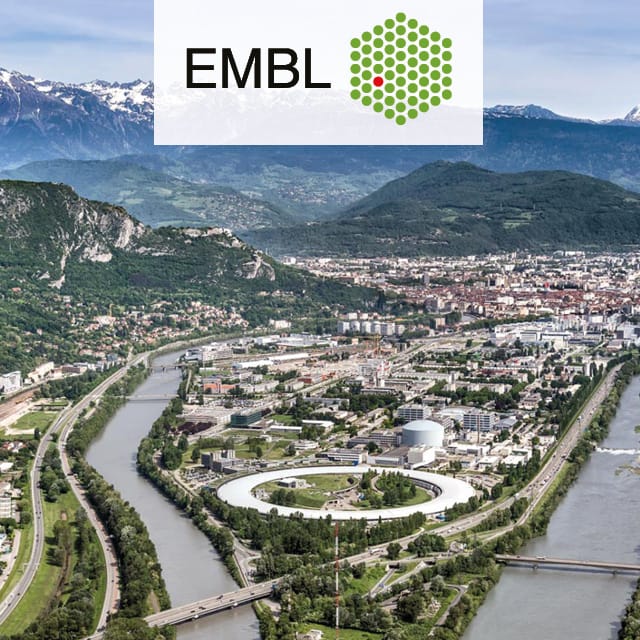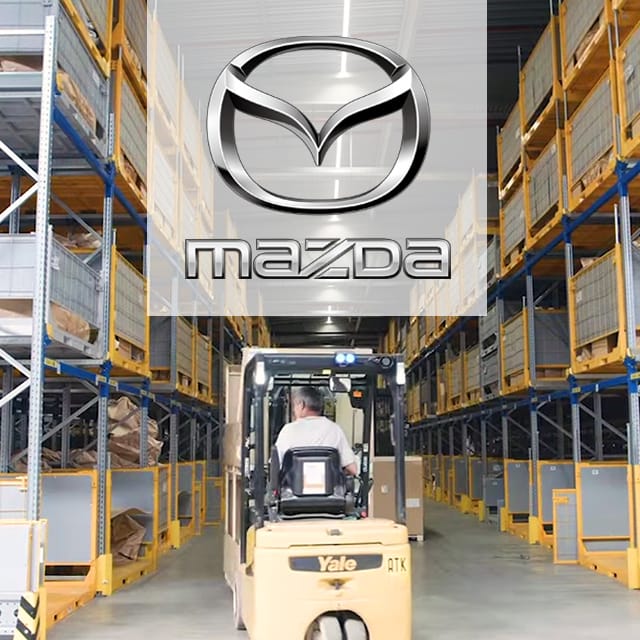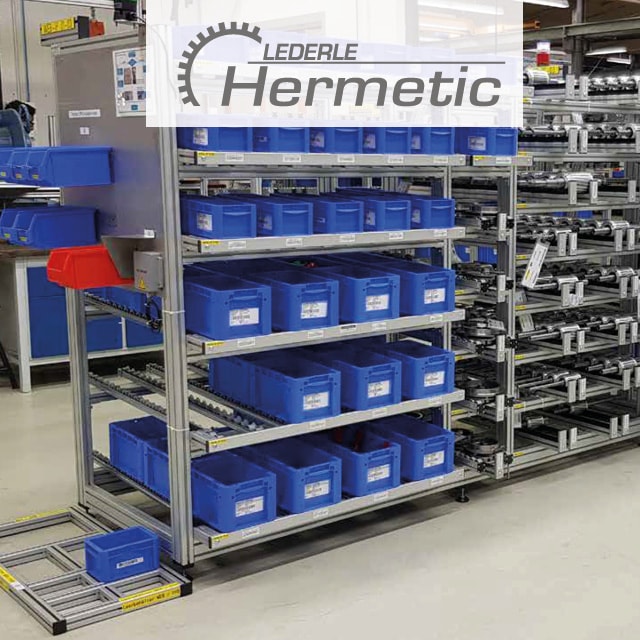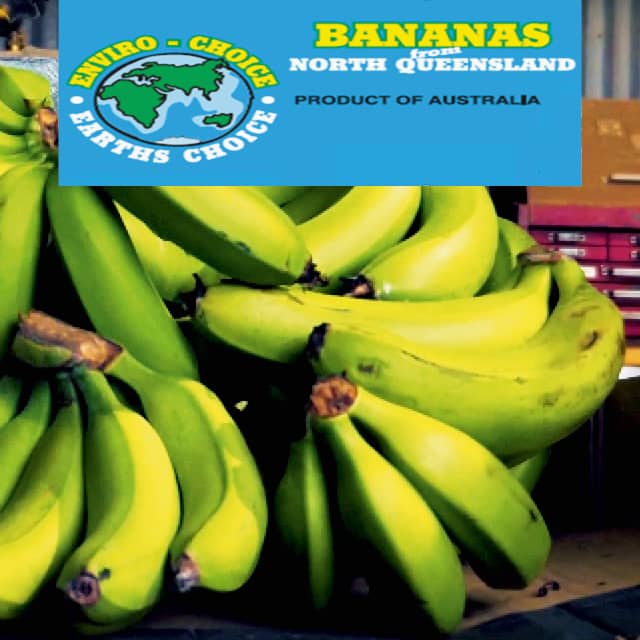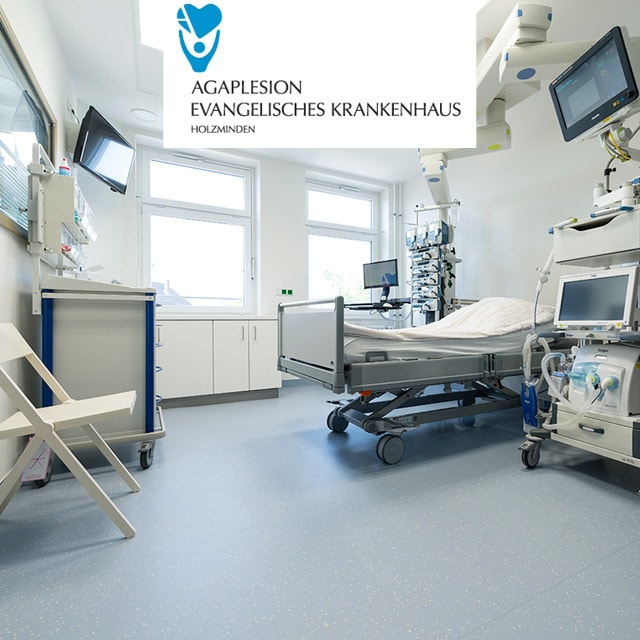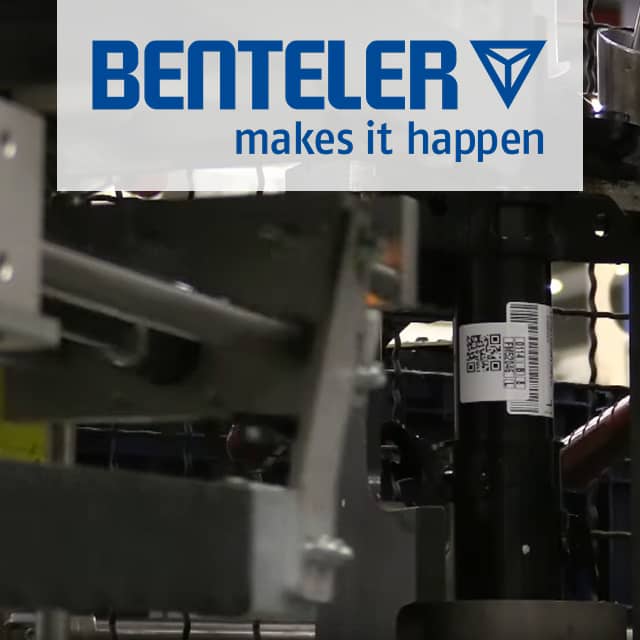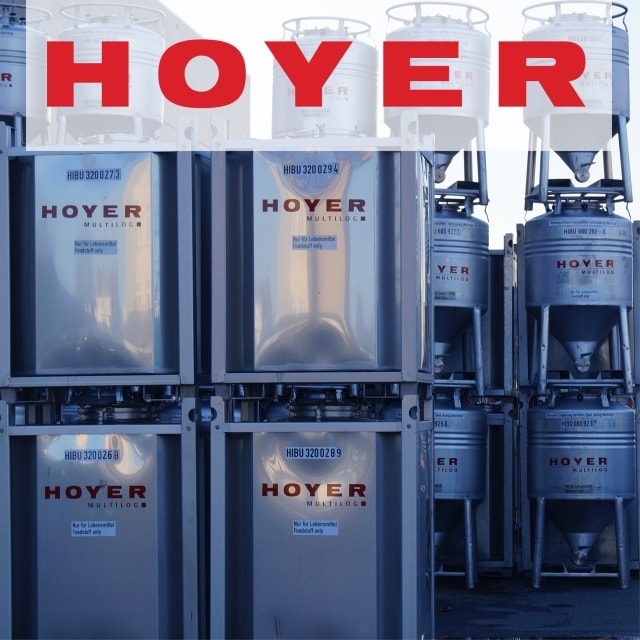
IBC Management with RFID at Hoyer
Hoyer is a one of the major bulk logistics providers since 1946. As a specialist, Hoyer develops and implements solutions in European and worldwide bulk logistics, particularly in the chemical, food, gas and petroleum industries.
For this, about 6,200 employees in more than 115 countries support clients with logistics solutions.
Hoyer owns around 2,200 trucks, 2,300 road tankers, 47,400 IBCs, 40,300 tank containers and numerous logistics installations with depots, cleaning plants and workshops.
Process Requirements
Intermediate Bulk Containers (IBCs) are used wherever liquids or bulk goods with good free-flowing capability are transported and/or stored – for example in the production of groceries, chemicals, cosmetic products or pharmaceutical intermediate and end products.
Hoyer's IBC offer includes a complete range of services – from fleet management, leasing and, transport to cleaning, maintenance, and repair.
Hoyer's IBC fleet consists mainly of standardized container types. The standard IBC has a volume of 500 to 1,100 liters and is available in various stainless steel versions and with hazardous goods approval.
If customers return their IBC to one of the Hoyer depots after the rental period has expired, an incoming check will be conducted. The individual containers must be identified by their international BIC code. In spite of careful inspection, transposed digits could never be completely avoided. Often, errors were only detected later and then the search for the right container began. A precise identification of each container is the basic requirement of an automated solution.
Since the IBC is used up to 20 years and is cleaned countless times by high pressure and occasionally overflowing products can occur during filling, a very robust solution was required, which guarantees full functionality even after many years of use.
From the point of view of robustness, a barcode solution was out of question. Hoyer also required that, in addition to pure identification, data should also be stored on the container. For example, IBCs used to transport dangerous goods are subject to a technical check every two and a half years. The corresponding test dates as well as the current status report must be available on the container.
Solution
All IBCs were gradually marked with robust UHF RFID-Hardtags. Since some IBCs are rented for several months or years, Hoyer planned a period of around five years to label all IBCs.
In the Hoyer depots throughout Germany, RFID-Handhelds are not only used to read the RFID transponders attached to the IBCs, but also to write additional information, such as status data or test dates, to the free storage space of the tags. The data is transmitted to the central IT system via docking stations.
Advantages
- The manual entry and faxing of data on paper to the head office is no longer necessary.
- Automatic data entry ensures faster and more secure processes.
- Each IBC run can save around one minute of working time.
- During the incoming container check, it was even possible to save almost five minutes per container.
- Increased transparency towards customers: For example it can be tracked during which rental period damage has occurred to an IBC.
Learn More
Questions? Get in contact with the editorial team!
Technologies
Application Fields


